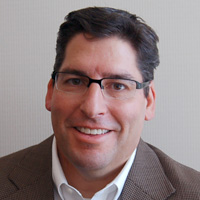As a Silicon Valley attorney and head of the legal department at a major global company, I've plowed through thousands of resumes and interviews. In this economy, you'd think candidates would over-prepare for an interview -- but even a remarkable hire on paper often disappoints after shaking my hand. So I'd like to argue my case for how a job interview is like a trial. Members of the jury, allow me to explain.
First: research. You have to know the rules of the game to find the crevices that need to be filled -- crevices you're qualified to fill. So if you're a salesperson, understand their sales model; if you're in finance, find out if they have reserves against future liabilities. Organize your research and bring it in a binder. A good attorney doesn't leave the evidence at home.
Next, identify relevant themes in your professional history and craft a narrative where a job at Best Company, Inc. is an ideal fit for you and the company. And while you're at it, engage your jury. Interviews shouldn't be inquisitions. Establish rapport by asking appealing questions, like "What have you learned here that you didn't know?" You'll get insight into a person and a company -- and the jury will appreciate that you value their experience and opinion.
The closing statement is important. Before leaving, reinforce your themes and ask the interviewer if you'd be a good fit for the job. This is your chance to field any objections.
Last but not least, don't get sloppy with the post-trial motions. You wouldn't send a judge an email, so don't email thank you notes either. I get these all the time and they're truly underwhelming. Whip out some professional stationery or a notecard and jot a note to each person you met. Express enthusiasm for the position. Sign it. Yes, remember signatures?
